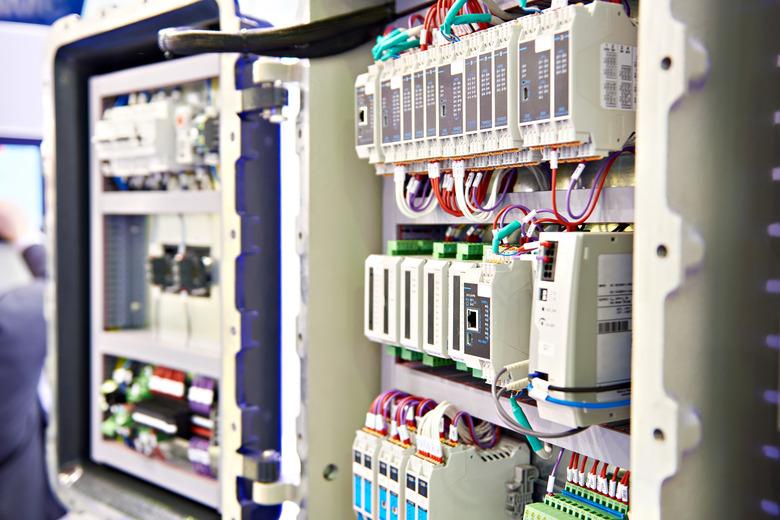Advantages & Disadvantages Of Circuit Breakers & Fuses
Circuit breakers and fuses exist to prevent too much current from overloading a circuit and causing an electrical fire. They also intervene in the event of a short circuit or a ground fault, which can damage your electronic appliances. But if circuit breakers and fuses perform the same functions, which one do you actually need?
How Circuit Breakers and Fuses Work
Perhaps the most significant difference between circuit breakers and fuses pertains to their lifespan. You must replace a fuse once it serves its purpose, but circuit breakers operate via a switch that you simply reset.
Fuses are made of a piece of metal that will melt when too much power passes through it, effectively disrupting the circuit and preventing that power surge from reaching your appliance. However, once that piece of metal melts, you'll need to replace the fuse to restore the connection. To some homeowners, this represents too much of a hassle. However, fuses remain a highly effective option for overcurrent protection.
Circuit breakers, on the other hand, are a contraption with an external switch and either a metal strip or a magnet inside. Circuit breakers have a top and a bottom so that electricity flows through them correctly. When too much current runs through a circuit breaker, either the metal strip bends and flips the switch, or the magnet becomes strong enough to pull a metal lever that flips the switch.
When that switch flips, it interrupts the circuit. To allow electricity to pass through again normally, reset the switch manually. Circuit breakers also make it easy to shut off the flow of electricity to certain appliances or areas of the house.
Advantages and Disadvantages of Circuit Breakers and Fuses
Fuses represent a less expensive route for overcurrent protection. They also react faster than a circuit breaker, and they are believed to be more failsafe than breakers because they contain fewer moving parts. The metal either melts or it does not. Circuit breakers, on the other hand, could potentially fail if the inner workings prove faulty. Because they react slower than a fuse, appliances and electronics could potentially be damaged.
Replacing a fuse requires careful attention to the amperage of the circuit. Installing a 30 amp fuse on a 20 amp circuit could ultimately lead to an electrical fire.
Some electricians argue that fuses offer more of an incentive for homeowners to address the root cause of an overcurrent event, mainly because frequently replacing melted fuses can become expensive and frustrating. With circuit breakers, you simply flip the switch again and move on with your day.
But because circuit breakers are more complicated pieces of equipment, they have a higher cost of installation and repair. However, the savings can add up over time because every time you need to reset the circuit breaker, you've avoided having to buy and install a fuse.
Which One Do You Need?
Although some may consider them old-fashioned, fuses are still legal to use and represent a good option for overcurrent protection, especially if your home already has a fuse box. However, if you have a choice to install either a breaker box or a fuse box for a new or renovated home, the choice is based completely on how much importance you give to the advantages and disadvantages of circuit breakers and fuses.
